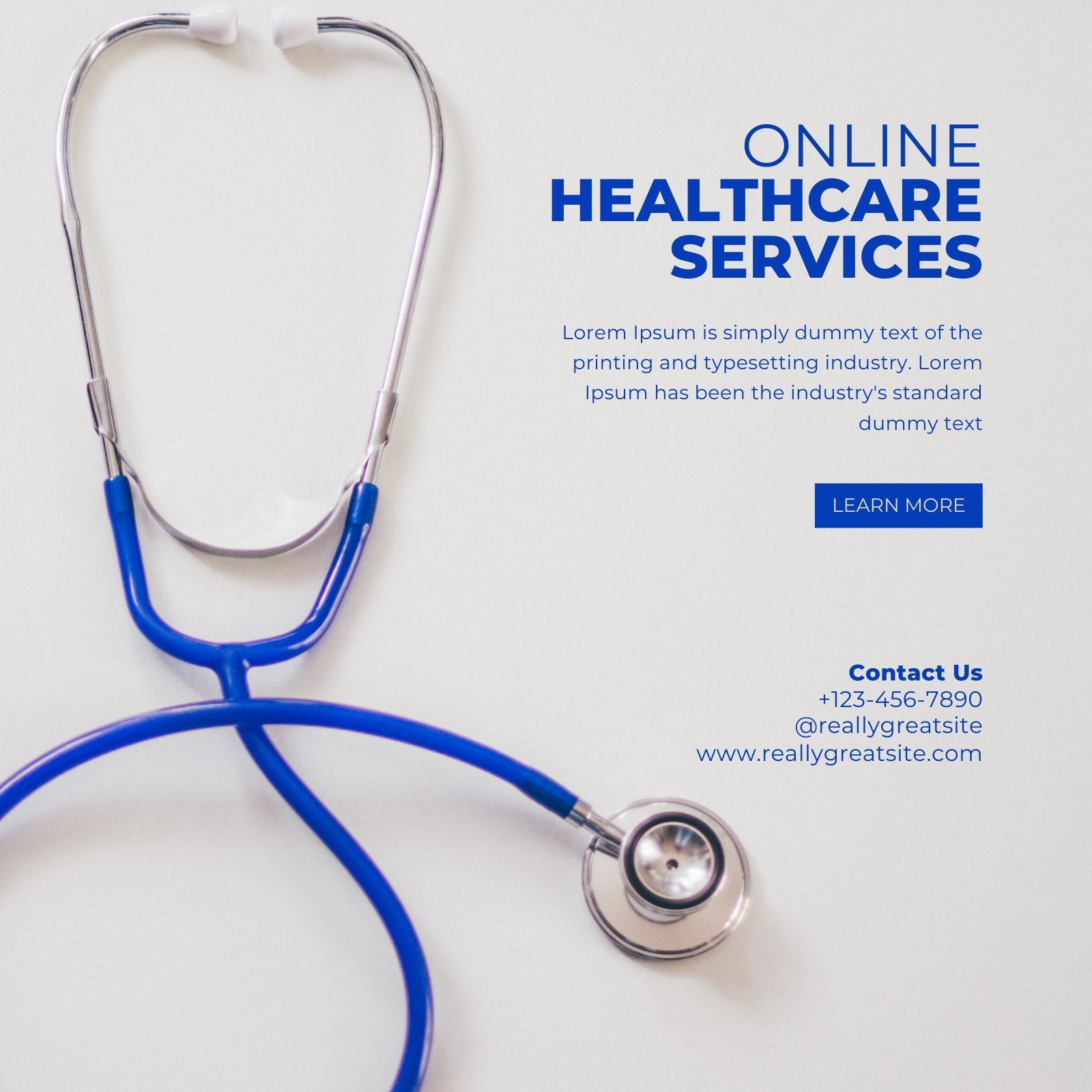Discover the Conveniences of Subscription Based Healthcare for Affordable Medical Care
Discover the Conveniences of Subscription Based Healthcare for Affordable Medical Care
Blog Article
The Increase of Subscription-Based Healthcare and Its Effect On Client Care
As healthcare advances, the subscription-based design is acquiring traction, promising to reinvent individual care by supplying predictability and availability. The potential for these versions to reshape health care shipment elevates pressing inquiries regarding their long-term sustainability and inclusivity. Are these registration solutions the future of health care, or do they risk leaving at risk populations behind?
Understanding Membership Medical Care Versions
Understanding the principle of subscription medical care models entails checking out a transformative technique to medical services that highlights price and ease of access. These versions, commonly described as direct key care (DPC) or attendant medication, have actually emerged as cutting-edge alternatives to conventional fee-for-service health care systems. Registration medical care allows individuals to pay a set monthly or yearly cost for a defined collection of clinical solutions, which may include endless workplace visits, regular exams, and basic laboratory examinations, without the demand for standard insurance policy billing.
The structure of registration health care models is created to simplify patient care by eliminating third-party payers and intricate invoicing codes, consequently lowering administrative burdens. Health care service providers can concentrate a lot more on individual treatment, cultivating stronger patient-provider partnerships. This model also promotes preventative care by motivating routine check outs, as the monetary challenge of per-visit costs is gotten rid of.
The subscription model typically equips doctor to manage smaller sized person panels, permitting for even more individualized care. It straightens economic rewards with individual health and wellness results, as service providers are inspired to maintain person fulfillment and wellness. In general, understanding registration healthcare versions needs recognizing their possible to reshape how treatment is delivered and accessed.
Advantages for Individuals and Suppliers

With a stable earnings stream, health care professionals can commit more time to each person, leading to a much more customized and complete treatment experience. The focus on precautionary treatment within subscription plans can lead to much better patient results and reduced lasting healthcare expenses.
Difficulties and Worries
While subscription-based health care designs existing countless benefits, they additionally come with a set of challenges and concerns that should be attended to. Availability continues to be a considerable problem, as these versions often target individuals who can manage month-to-month fees, potentially omitting look at here low-income populaces. This raises ethical questions regarding fair accessibility to medical care solutions. Furthermore, the diverse nature of registration strategies can result in confusion amongst patients concerning protection specifics, potentially leading to unmet assumptions or insufficient care.
Financial sustainability of subscription-based versions is an additional concern. Providers must stabilize the set revenue from registrations with the variable expenses of health care services, which might rise and fall because of unanticipated clinical requirements. This can create stress to restrict services or increase costs, possibly affecting patient satisfaction and care high quality.
Moreover, regulatory oversight of subscription-based health care models is still developing. The absence of standard additional reading structures can cause irregular service top quality and accountability, complicating initiatives to ensure person security. The combination of technology-- commonly a cornerstone of these models-- elevates questions regarding information personal privacy and security, as sensitive individual details could be prone to breaches. Attending to these challenges is vital for the equitable and successful execution of subscription-based healthcare.
Effect On Patient-Doctor Relationships
One substantial influence of subscription-based medical care designs on patient-doctor partnerships is the potential for enhanced continuity and individualized treatment. By embracing a membership design, doctors can take care of a smaller sized person panel, enabling more devoted time with each individual. This raised availability fosters a deeper understanding of an individual's case history, way of living, and choices, making it possible for extra tailored treatment strategies and treatments.

However, it is essential to identify that while subscription-based designs may profit those who can afford them, they might inadvertently Go Here widen medical care variations. Individuals who are incapable to take part in these designs might experience lower access to personalized treatment, potentially influencing their relationships with doctor. Hence, while the registration version supplies promising benefits for patient-doctor connections, it also postures difficulties that require to be dealt with to make sure fair medical care gain access to.
Future of Healthcare Access

The role of innovation can not be forgotten in this makeover. Telemedicine systems and digital health records help with seamless communication between clients and doctor, damaging down logistical and geographical obstacles. In addition, advancements in expert system and data analytics can better personalize treatment by forecasting client requirements and optimizing treatment strategies.
Nonetheless, the future of healthcare gain access to also presents difficulties, such as guaranteeing equity across various socio-economic groups. Policymakers and doctor need to team up to connect the digital divide, ensuring that subscription-based versions continue to be inexpensive and inclusive. As these systems mature, they hold the promise of making medical care much more accessible, efficient, and patient-centric.
Final Thought
Subscription-based healthcare versions are reshaping person care by providing a stable expense structure and boosting ease of access. The increase of subscription-based healthcare encourages positive patient engagement, which has the potential to enhance client outcomes and complete satisfaction, signifying a transformative change in health care distribution.
As health care evolves, the subscription-based design is obtaining grip, assuring to reinvent individual care by offering predictability and access.Subscription-based healthcare versions offer distinctive benefits for both individuals and companies, improving the general medical care experience.As healthcare systems advance, the future of healthcare accessibility frequently pivots on the combination of innovative designs and technologies.Subscription-based health care designs are improving individual care by giving a steady price structure and enhancing ease of access. The surge of subscription-based medical care encourages proactive person interaction, which has the potential to improve person outcomes and fulfillment, signifying a transformative change in health care shipment.
Report this page